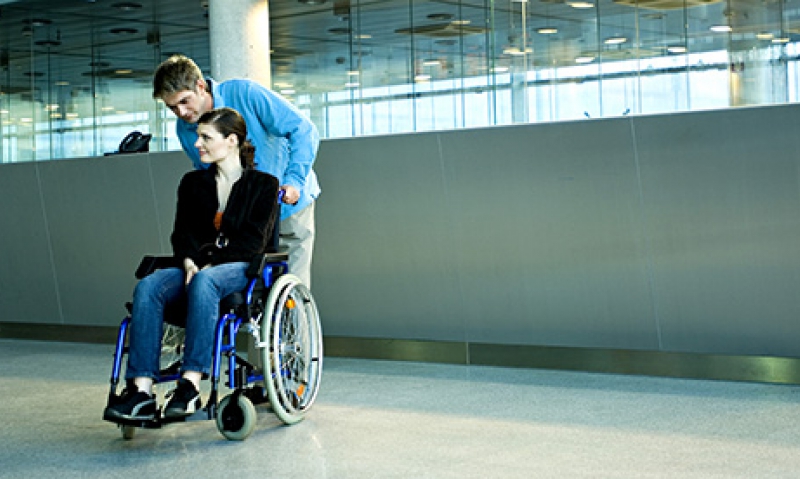
American Legion pleased with overall program but concerned that VA has capped benefits at 40 hours per week.
The House Veterans' Affairs Subcommittee on Health met recently to hear testimony from witnesses on how well the Department of Veterans Affairs is implementing benefits for its caregivers assistance program.
The subcommittee's chair, Rep. Ann Marie Buerkle of New York, said in her opening remarks that, at a hearing four months ago, "it was clear to me that VA must go back and address deficiencies with the department's initial implementation plan, particularly the strict eligibility requirement, and get this important program up and running."
In response, VA modified its eligibility requirements and published an interim final rule (IFR) on May 5 to speed up rule-making process so that benefits could be issued. At the beginning of July, VA began sending payments to eligible families and has provided a point of contact for caregivers.
According to a July 11 article in the Military Times, VA had approved 182 applications and had 1,259 more in process; up to 3,600 families could be eligible for the benefits.
One witness at the hearing, Debbie Schulz of Friendswood, Texas, said the application process for caregiver benefits is one of the easiest and least stressful to process. Schulz has been caring full time for her son, who suffered severe brain injuries in 2005 from an IED explosion while serving with the Marines in Iraq.
"We appreciate the fact that VA has gotten the ball rolling on caregiver benefits, and that the application process is relatively worry-free," said Verna Jones, director of The American Legion's Veterans Affairs & Rehabilitation Division. "But we are concerned that VA has set a 40-hour-per-week cap on those benefits."
Jones said it isn't uncommon for caregivers to spend 50, 60 or more hours per week tending to their loved ones. "Being a full-time caregiver isn't the same as a 9-to-5 job," she said. "If someone is completely dependent on you for their well-being, you can't just punch in and punch out whenever you feel like it."
Another concern the Legion has with the caregivers assistance program is how it is being implemented across the country. "In one case that we heard from a caregiver, a VA medical center assigned a new clinician to evaluate a servicemember and caregiver's eligibility benefits who was not their primary-care physician," Jones said. "The veteran had never seen that provider, who had no background on his injuries and illnesses to make the clinical determination. There is a lot of inconsistency that needs to be addressed and improved."
The American Legion has recommended that VA create e-flyers and share caregiver program information with its 2,000 accredited veterans service officers across the country. "Our service officers meet with veterans who file claims every day and are willing to provide information to veterans and their family members on their eligibility for caregiver benefits," Jones said.
The American Legion has invited Debbie Amdur, VA's chief consultant at its Care Management and Social Work Office and who leads VA's caregiver program, to speak at the Legion's national convention in Minneapolis.
- Veterans Benefits

